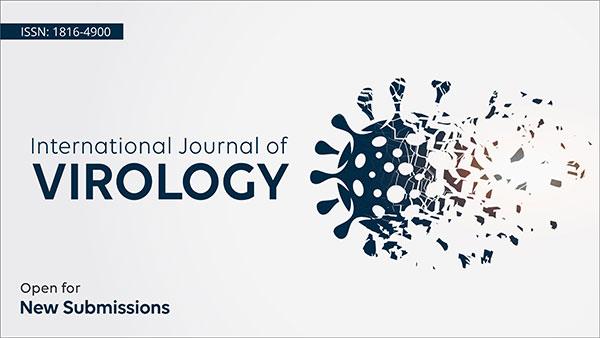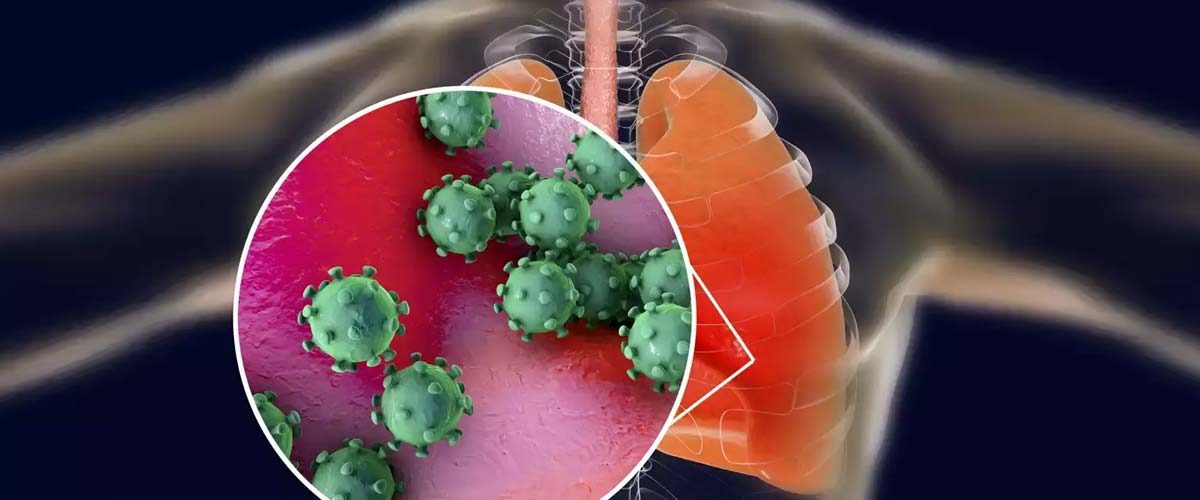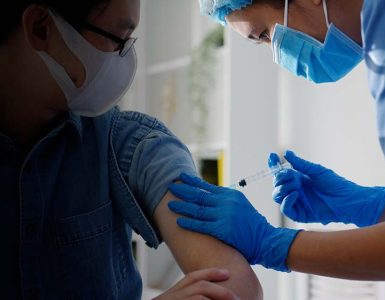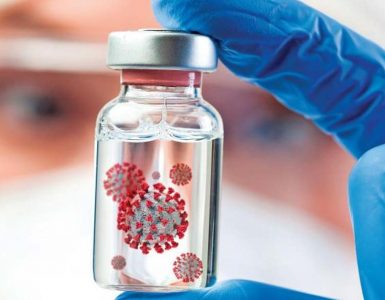Recently, scientists discovered serious adverse effects of SARS-COV-2 in a mouse model involving multiple organ failure. This breakthrough finding presented the virus’s capacity to evolve as a havoc respiratory pathogen.However, the model failed to produce a similar reaction as in human coronavirus cases.
Arjun Deb explained, “the mouse model acts as a powerful tool to address the SARS COV 2 reaction in any living system.” Previously, researchers often genetically engineered a mouse model to observe the pathogen induced-alterations; however, this model is unique from above all. Interestingly, the mouse model possessed a similar ACE2 receptor; however, SARS COV failed to engage with it unlike in humans.
Thus, instead of affecting the respiratory system, the virus caused the failure of multiple organs in the body. Shen li, UCLA cardiologist explained, “the difference in route of administration played a key role in the systematic reaction.”
Thus, directly injecting the virus into the blood led to the widespread infection of all vital organs including the heart.
The study reported that the adverse outcomes were observed within 7 days of systematic administration. Starting with reduced food consumption, which led to the loss of 25 % of body weight followed by spleen damage, irregular heart rhythm, altered blood pressure, and low immunity. Further, after the mice were euthanized, the organs were analyzed revealing change in gene expression and disruption of cellular process.

These findings were suggestive that epigenetic changes in the mice were the root cause for gene expression alteration in multiple organs. Thus,the team pointed out, “ the symptoms prolong even after the infection is resolved due to epigenetic changes, which leads to disruption of homeostasis and organ failure.”Thus, Deb stated, “people infected with COVID-19 with multiple organs involved are at high risk for poor outcomes.”
The experiment uncovered critical information about SARS COV-induced-systematic infection and provided a baseline for further advanced studies.
The findings are reported in JCI Insight.
















Add comment